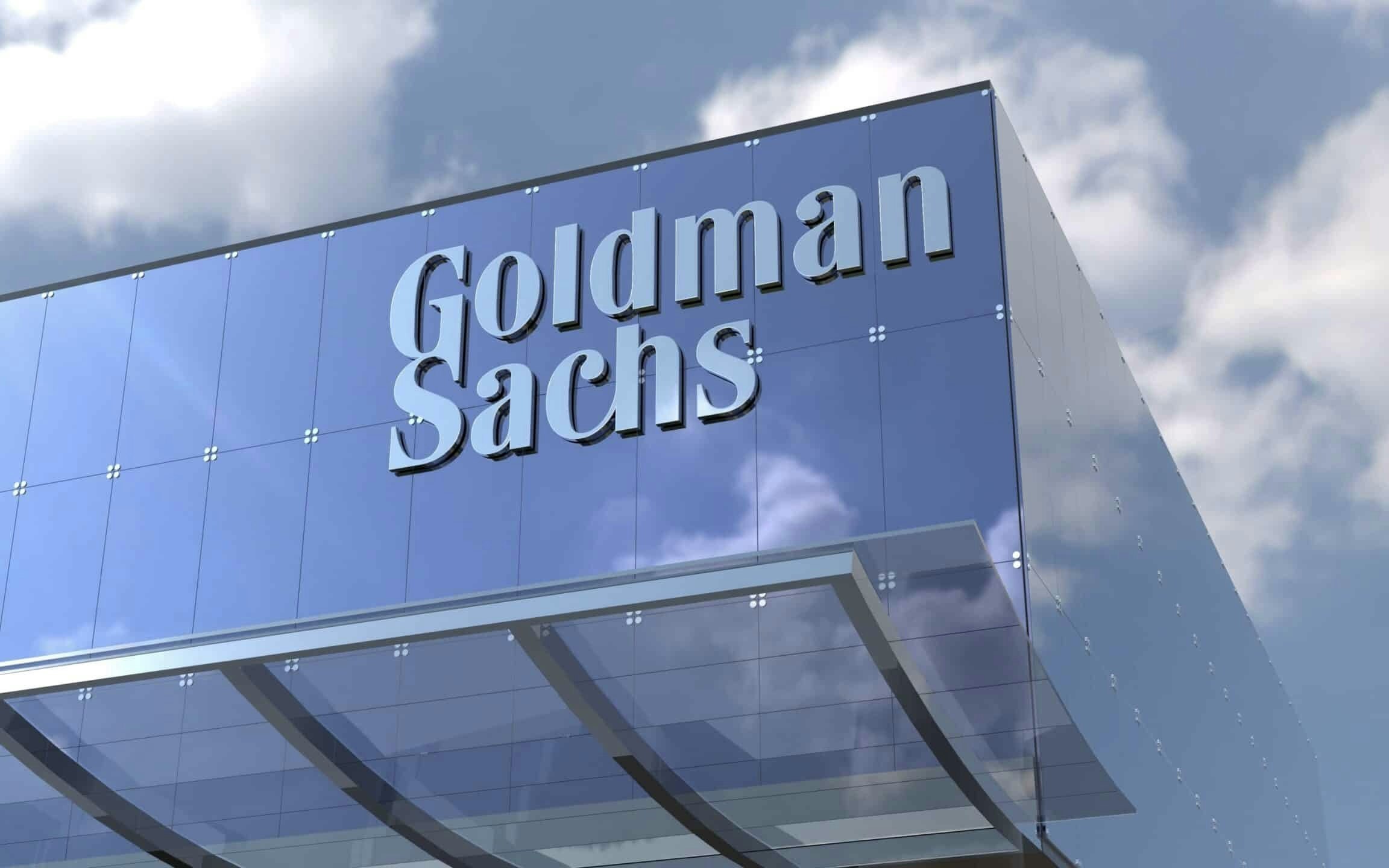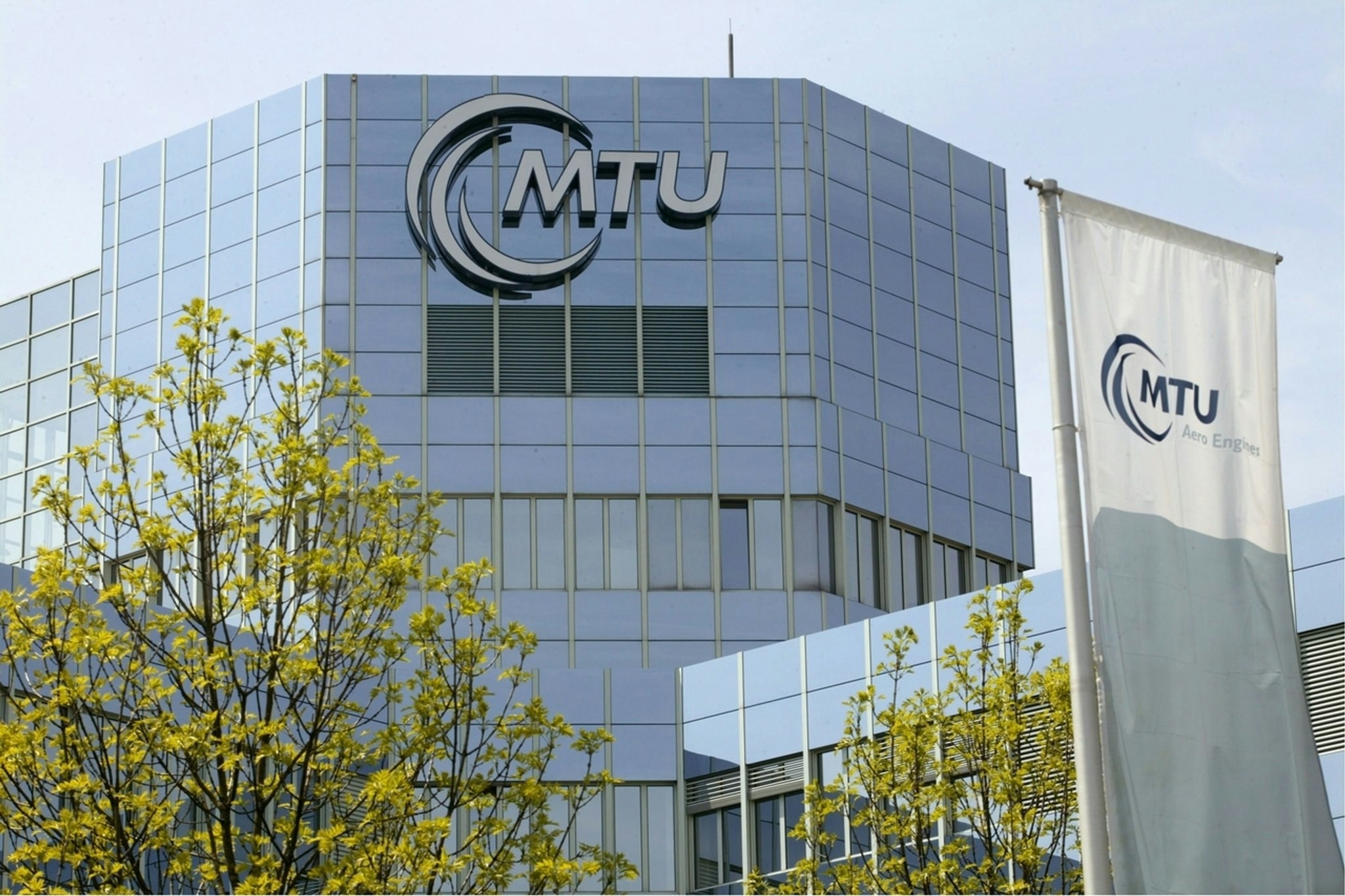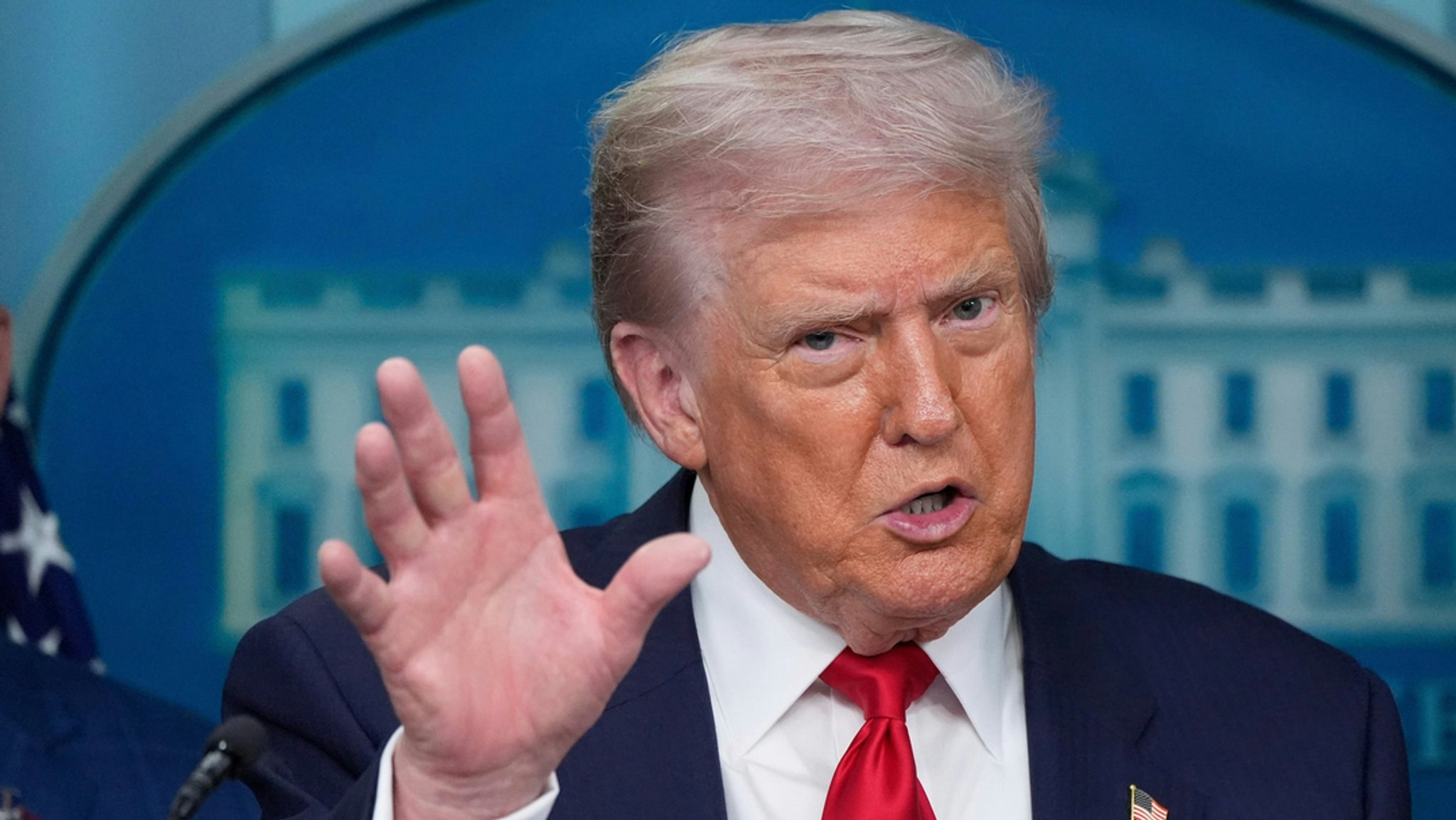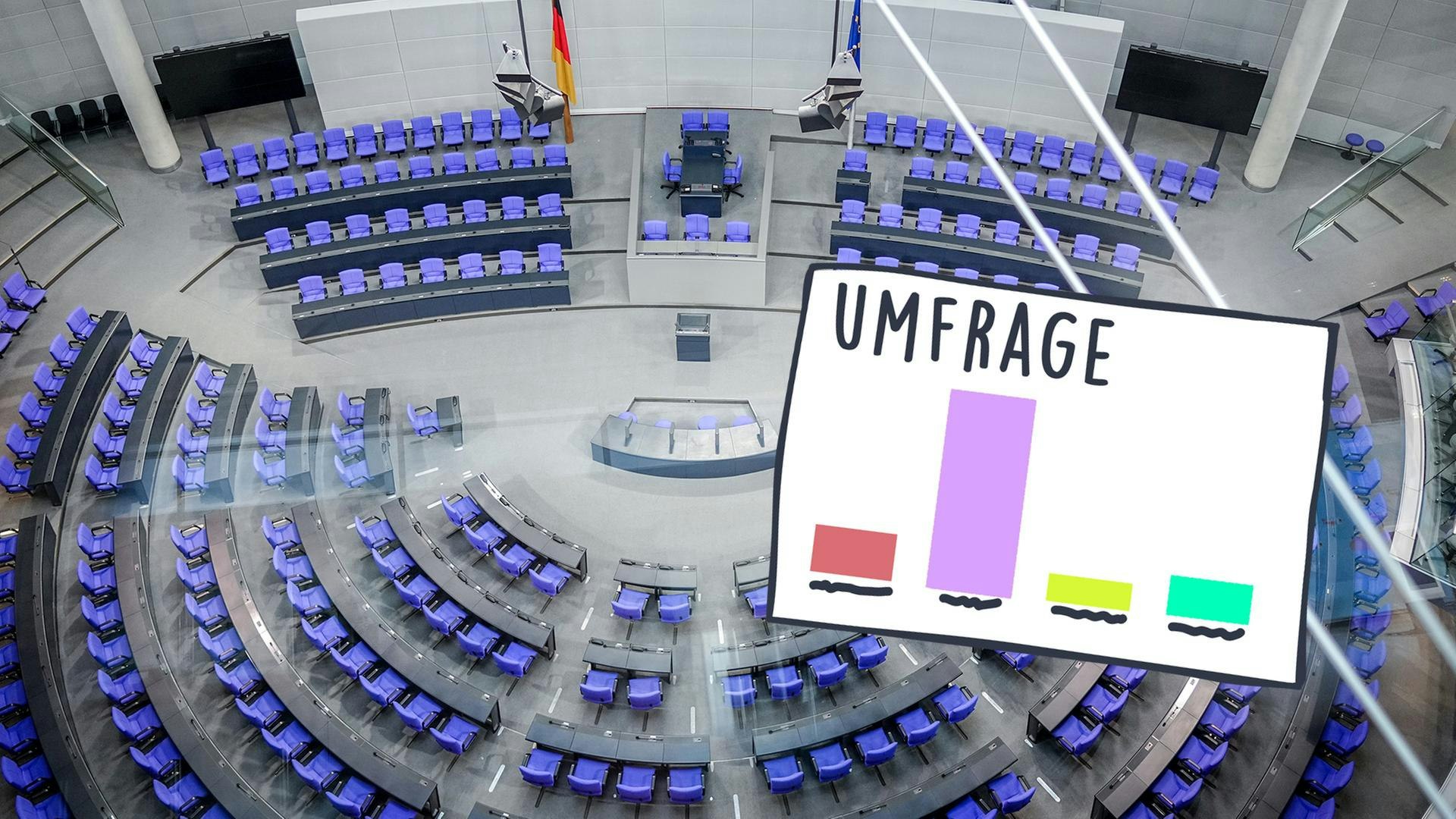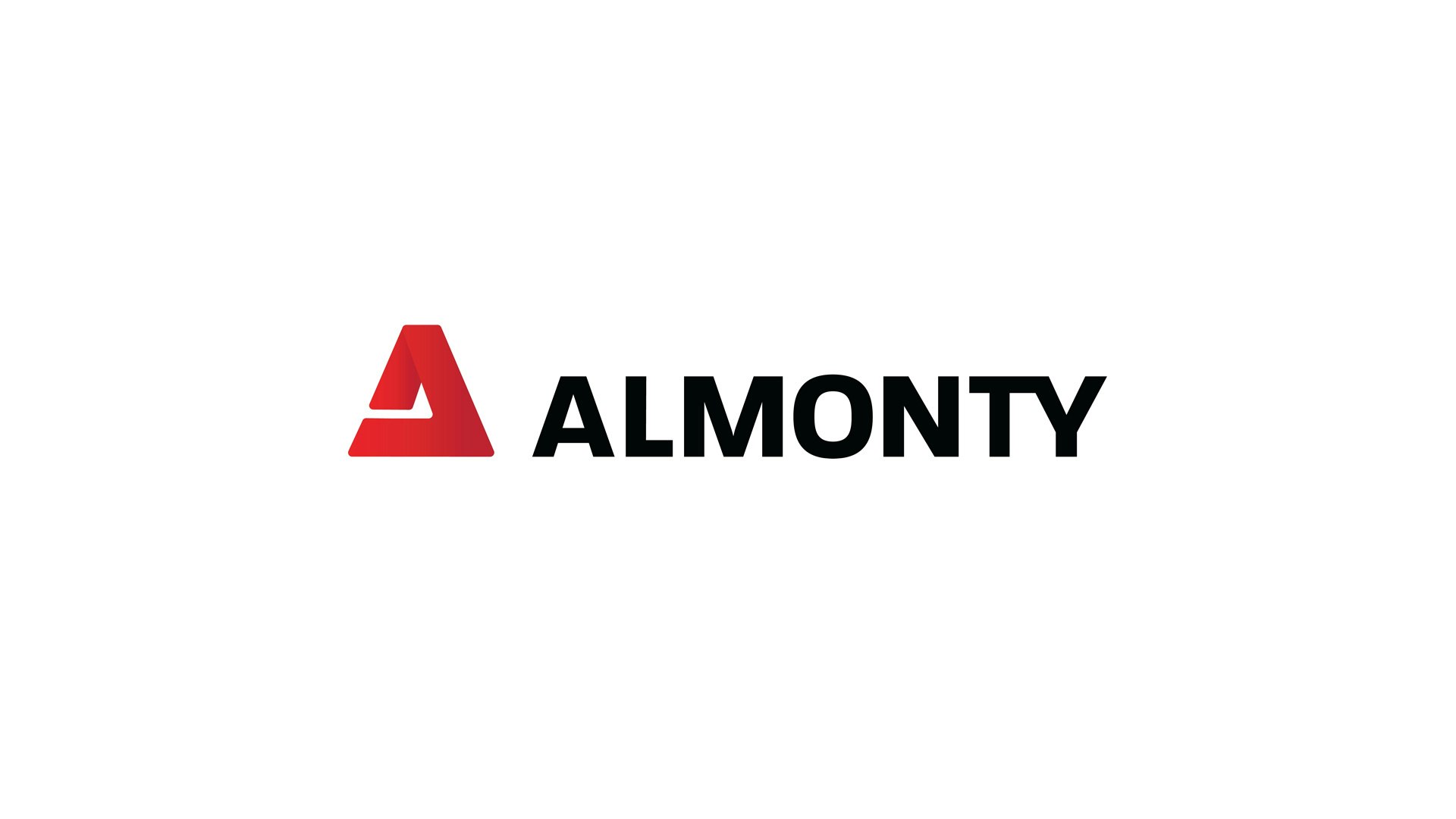Three years after the abrupt exit, Goldman Sachs is re-entering the business with Special Purpose Acquisition Companies (SPACs) – a remarkable turnaround that signals a new risk appetite. According to Bloomberg, the US investment bank wants to accompany selected SPAC transactions again, but with stricter selection criteria for partners and deals. The move could have a signaling effect: where Goldman leads, the rest of Wall Street usually follows.
Until recently, SPACs were considered toxic – under regulatory pressure, reputationally damaged, and economically disappointing. After a catastrophic collapse in issuance activity in 2022, the vehicle was deemed burned out. However, with an issuance volume of around 11 billion US dollars so far this year – compared to just 2 billion in the previous year – the SPAC market is experiencing a quiet resurgence.
The drive is multilayered. On one hand, SPACs offer attractive opportunities in an environment where traditional IPOs suffer under mixed market conditions. On the other hand, they serve hedge funds as a short-term cash parking place with high interest rates. The allure: The ability to execute deals with a fixed time horizon and potentially high fees – despite still high redemption rates by investors.
Regulation has shifted in parallel. In 2024, the US Securities and Exchange Commission clarified that SPAC underwriters are not liable for false statements in merger prospectuses – removing a major obstacle for large banks. Politically, the climate has also changed: under the current US administration, a deregulation of the capital market is taking place, flanked by prominent SPAC successes like the Nasdaq listing of Trump Media under the ticker DJT.
The dynamics are reminiscent of the developments in the crypto sector: JPMorgan CEO Jamie Dimon once called Bitcoin a "fraud" – today the bank accompanies issuances from blockchain companies. The same applies to SPACs: What was once considered a reputational risk is now re-evaluated as a variable cost center.
The opportunists have the upper hand: Investment banks like Cantor Fitzgerald are now not only sponsoring SPACs, but also bringing them to market themselves. The entry barriers are falling, and collective re-entry lowers individual reputational risk. The more players get involved, the more diffuse potential criticism becomes – an effect that further fuels the herd movement.
Goldman's re-entry exemplifies a central principle of modern financial markets: reputational risks are not absolute, but a function of the political climate, regulatory pressure, and return potential. Today, the prospect of fees outweighs. How long this will last remains uncertain.


